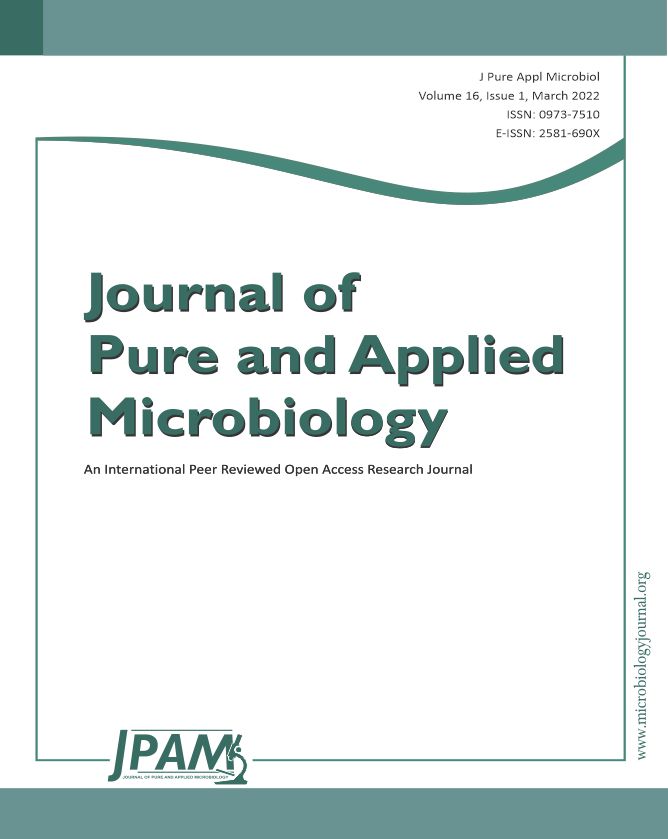The aim of the current study was to evaluate the antibacterial activity of Chlorella vulgaris extracts against Stenotrophomonas maltophilia CSK1 isolated from a diseased cucumber fruit. To this end, water, methanol and ethanol were used separately as solvents to extract the active compounds from the dried Chlorella vulgaris. S. maltophilia CSK1 was identified using the 16S rRNA gene sequencing at 99.93% of identity level. The identity of the bacterial strain CSK1 was confirmed by phylogenetic analyses. CSK1 was clearly clustered with the reference strain, S. maltophilia MTCC 434 (JALV01000036). The antibiosis of the extract against S. maltophilia CSK1 was estimated using agar well diffusion method. Unlike water and ethanolic extracts, the methanolic one exhibited an inhibition of CSK1 (zone of inhibition 13.4 mm), indicating the antimicrobial activity of this extract. No zone of inhibition was formed around ethanolic and water extracts, indicating that both exhibited no-observed effect against the growth of CSK1. This can be attributed to the active constituents in the extract which may varies based on various factors including the polarity of solvent used in the extraction process. The inhibitory effect of the methanolic extract against the S. maltophilia CSK1 obtained from the diseased cucumber fruit could open the door for potential application of such active ingredient within this extract against this bacteria in future.
Chlorella vulgaris, Stenotrophomonas maltophilia, antimicrobial activity
© The Author(s) 2022. Open Access. This article is distributed under the terms of the Creative Commons Attribution 4.0 International License which permits unrestricted use, sharing, distribution, and reproduction in any medium, provided you give appropriate credit to the original author(s) and the source, provide a link to the Creative Commons license, and indicate if changes were made.


